Since Michael Cremins started coming to Helen O’Mahony’s farm every Thursday, there has been no stopping him.
Painting, power-washing, clearing out sheds…
“He’s a great worker and he’s a great motivator,” smiles Helen, who lives and works on the busy suckler farm near Castleisland, Co Kerry, and is well known in agricultural circles through her involvement in the IFA National Livestock committee.
Though, according to Michael, there are plenty of perks working with Helen too.
“You get the dinner and all,” he says with relish, as Irish Country Living sits down with the pair for a bowl of homemade vegetable soup followed by freshly baked queen cakes – and, of course, the all-important pot of tea.
Michael, who grew up on a dairy farm in nearby Knocknagoshel and is a client of St John of God’s, is a participant on the Kerry Social Farming Project, which operates under the umbrella of lead partner, South Kerry Development Partnership Ltd.
He was matched with Helen, who decided to volunteer as a host farmer this year to “give something back”, having personal experience of loved ones with special needs in her own family.
She jokes that, as she is also from Knocknagoshel, she knew that she and Michael would get on from the very start and they have spent recent weeks tackling jobs that had been put on the long finger.
Though it is clear that social farming means much more than just having an extra pair of hands on the farm.
“When you just see the joy,” says Helen simply of the reaction of Michael and other participants to the programme, which was originally established in 2013 to offer social, training and health supports to people with disabilities and special needs by engaging with farm families and the wider rural community.
FARMERS AT THE HEART OF THE COMMUNITY
Also visiting Helen’s farm is Kerry Social Farming facilitator, Irene Kavanagh, who joined the project last December.
“I’m kind of like a matchmaker,” jokes the Cahersiveen woman, who originally studied biochemistry and was working in post-doctoral research in Galway when she decided to take a career break.
“I felt I wanted to do something altruistic rather than in a lab looking at beakers,” she explains.
Irene went on to work with the Kerry Parents & Friends Association for 10 years while studying for a BA in applied social studies and a master’s in psychology, and it was in this role supporting adults with intellectual disabilities that she saw the benefits of social farming first hand.
“I could see the difference it was making to the participants,” she says.
“Getting people with disabilities included in the community – it’s not straightforward at all and sometimes it can become like a box-ticking exercise. Whereas I felt this was something real because farmers are at the heart of the community.”
In her “matchmaker” role, Irene is the link between the participant and their service provider (eg St John of God’s, Down Syndrome Ireland, Enable Ireland etc) and the host farmer. At present, she is supporting 11 farms and two community garden projects throughout the county, with five other farms at different stages of coming on board, and a range of stakeholders.
VOLUNTARY MODEL
What makes Kerry Social Farming so unique and sustainable is that it is a voluntary model, ie farmers do not receive payment for their time with participants, though there are funds for activities as well as for the health and safety upgrades necessary to become a host, so that nobody is left out of pocket.
“There might be a hanging door that might need to come off and changed for a swinging door, there might be an area that might need to be concreted,” lists Irene as examples of some of the changes that are often identified during the collaborative risk assessment at the start of the process.
Once the farm is signed off as safe and steps like garda vetting are completed, there is an induction period of eight weeks where the participant comes to the farm with a support worker, allowing them to get used to the environment and find out what activities they enjoy doing, whether it’s feeding animals, fencing, doing up an old tractor, growing in a polytunnel or starting a chicken coop.
Irene explains that while participants’ needs vary, social farming is a very powerful way to allow them to express their abilities while also interacting with their community.
“Because they’re doing what the farmer is doing, they get to meet the neighbours, they get to go to the mart. I’ve even had situations where one guy went to a wake,” smiles Irene.
“It’s normalisation. People get to know them and they see them working on the farm and it kind of changes people’s perception. And what’s great about the farmers is that they’re very ‘can-do’ and this notion of ‘learned helplessness’ has no place on the farm.”
As for the host farmers, Irene says that they are “natural carers” first and foremost, but that they also gain by meeting the other farmers in the network and taking part in activities such as host farm walks.
“One farmer said to me that he would have given up farming if it wasn’t for social farming,” she says.
“It’s almost like they’re seeing farming through someone else’s eyes and it’s kind of rejuvenated their passion for it and I think the pre-dominant reason is because they want to give something back.”
FUNDING VITAL GOING FORWARD
Little wonder, then that the project recently took the “Pride of Place” community award, going on to represent Kerry in the national finals.
Looking forward, there are plans to develop an accredited course in social farming in collaboration with UCC that would allow farmers and smallholders to train as support workers, giving them off-farm employment opportunities, while also creating a pool of workers to allow the project to develop sustainably.
Of course, this also depends on continuing funding. Last year, Kerry Social Farming received €143,000 from the Department of Agriculture, Food and the Marine through CEDRA, which funded Irene’s role, an evaluation report and funds for farm upgrades, training and activities like the host farm walks.
After receiving the tender again this year, the project was granted €123,000 under the 2017 Rural Innovation and Development Fund alongside projects in Leitrim and Cork. This will see it through to October 2018 but Irene believes that a longer-term commitment is required to not only support the project in Kerry, but also inspire other counties to follow suit.
“For me, I feel I’ve been able to make a real difference,” she says simply. “I just see that it works.” CL
For further information about the Kerry Social Farming Project, contact Irene Kavanagh on 087-6266-118/066-9472-724 or Joe McCrohan on 087-2849-165 at South Kerry Development Partnership Ltd.




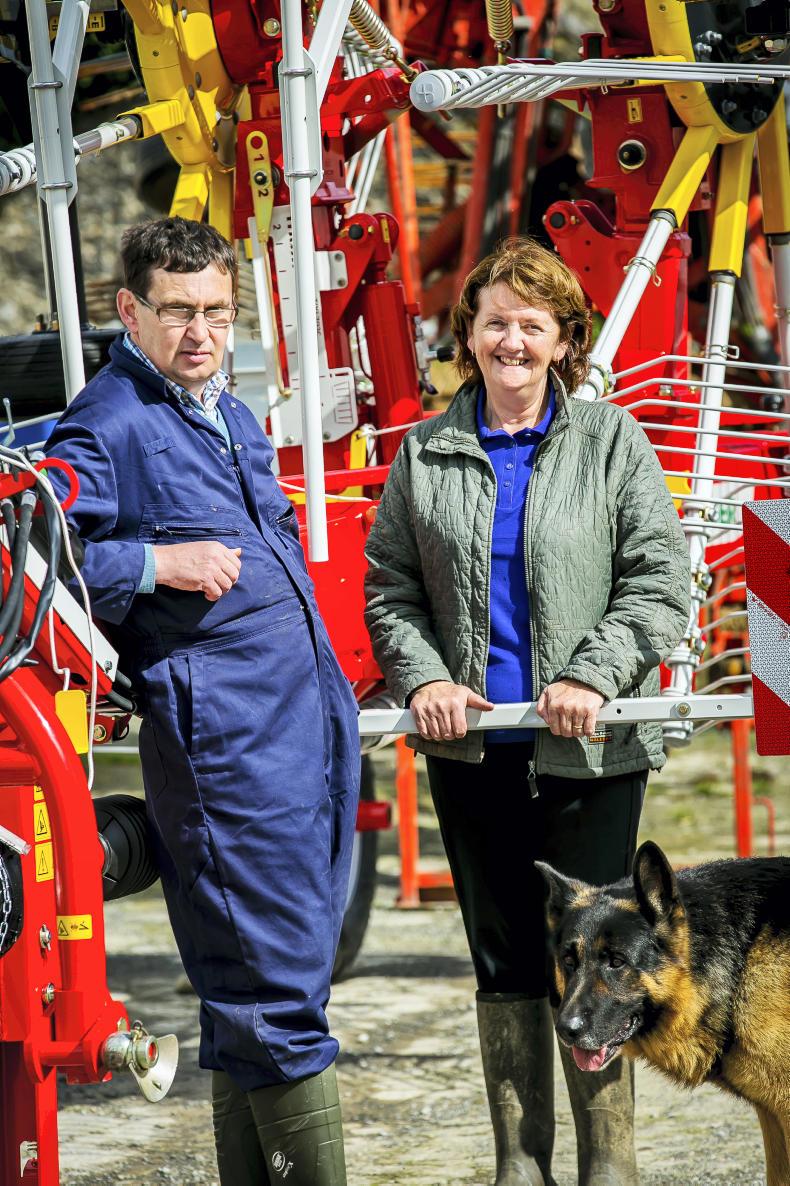
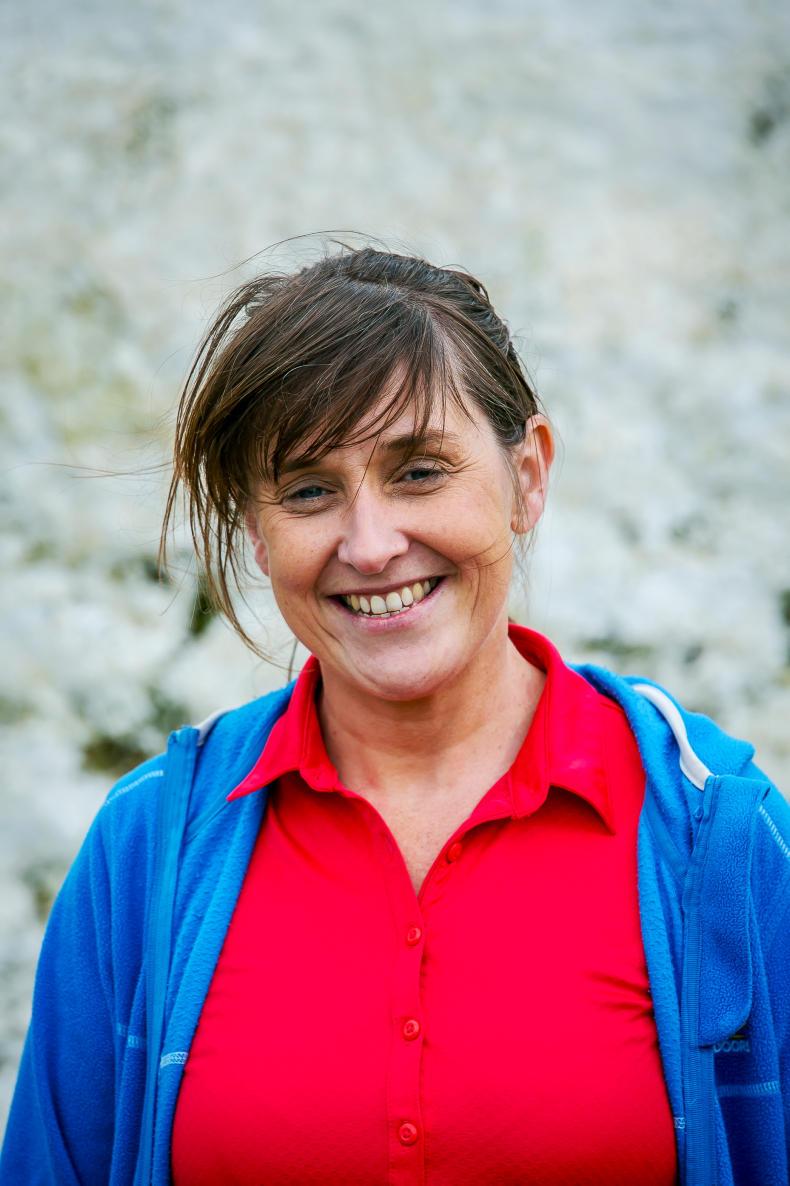
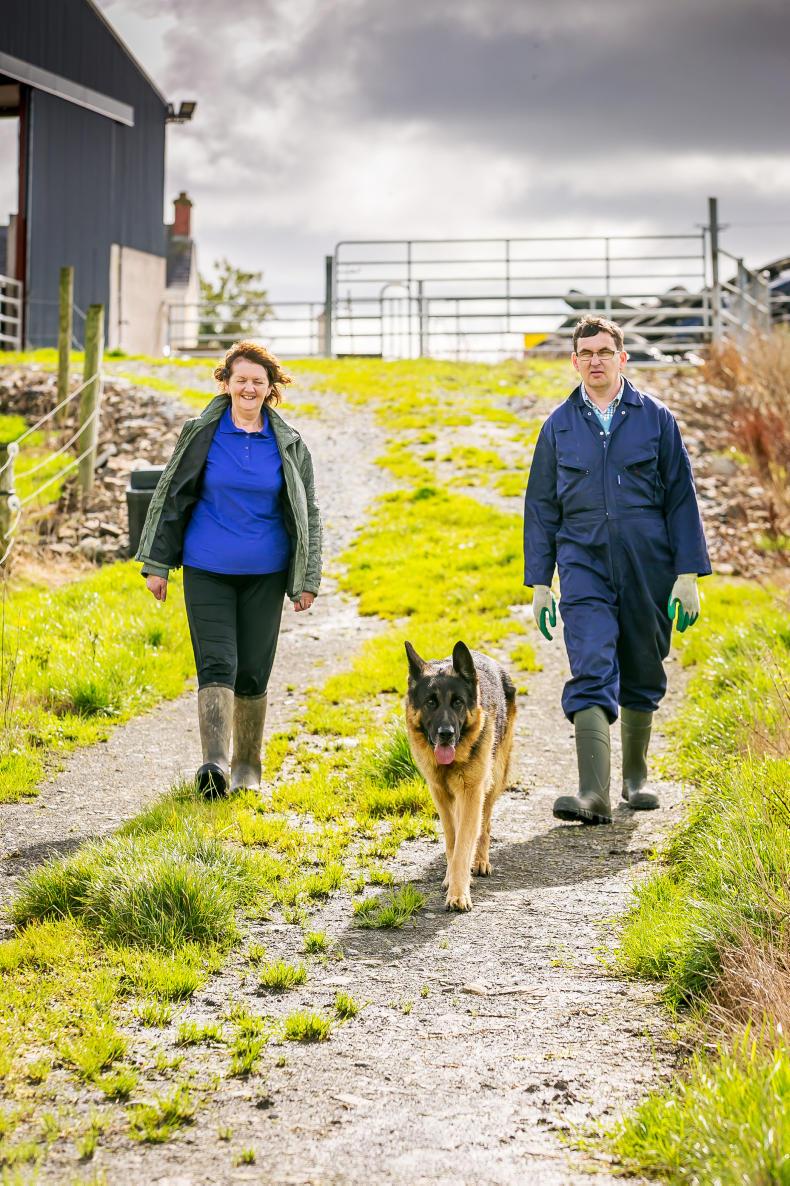
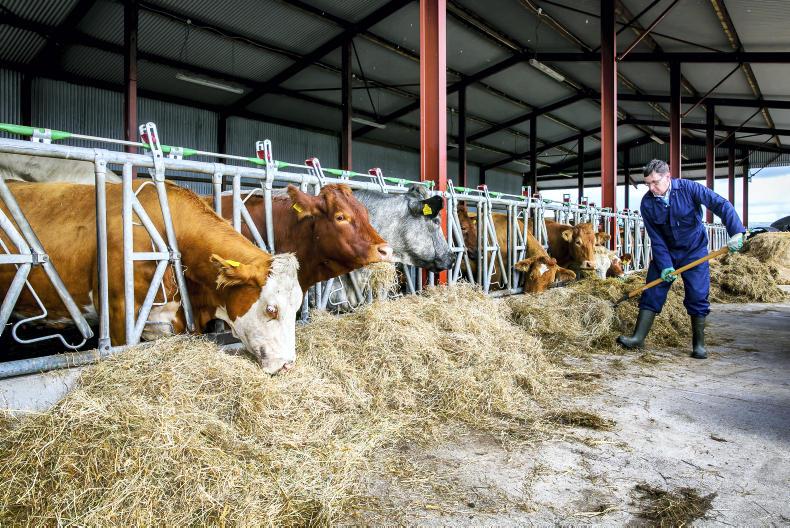


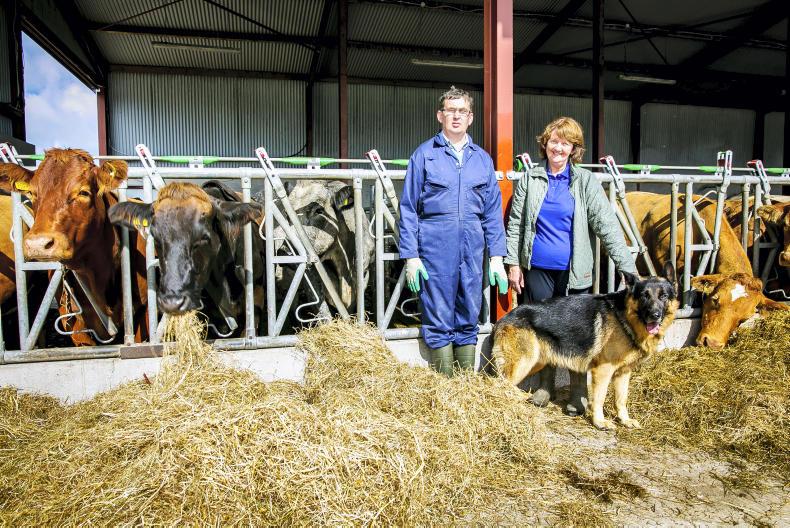
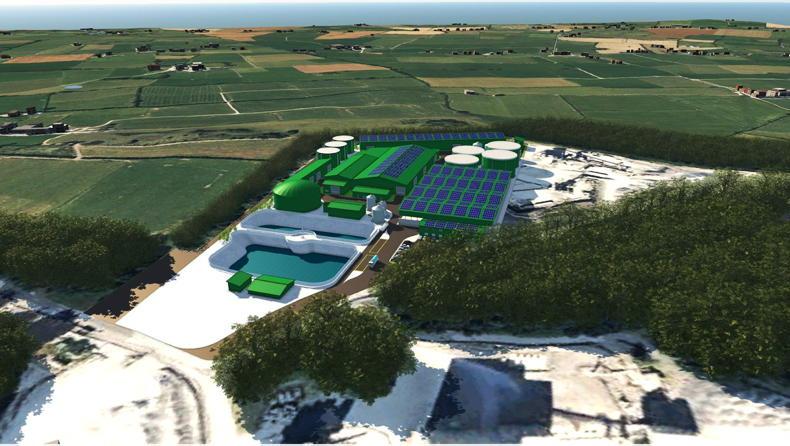

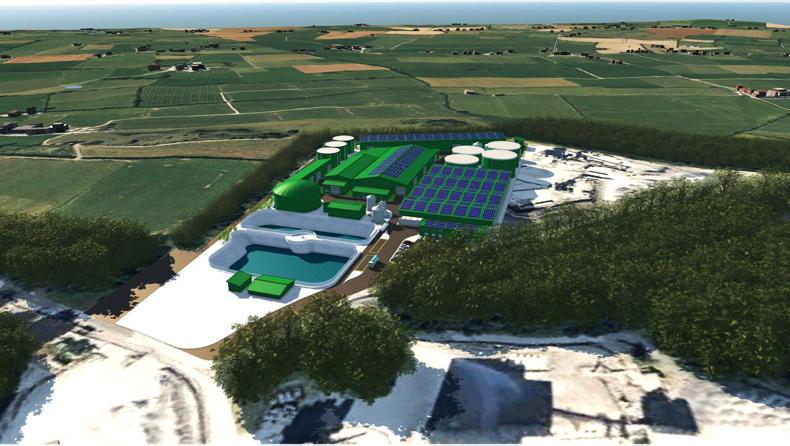
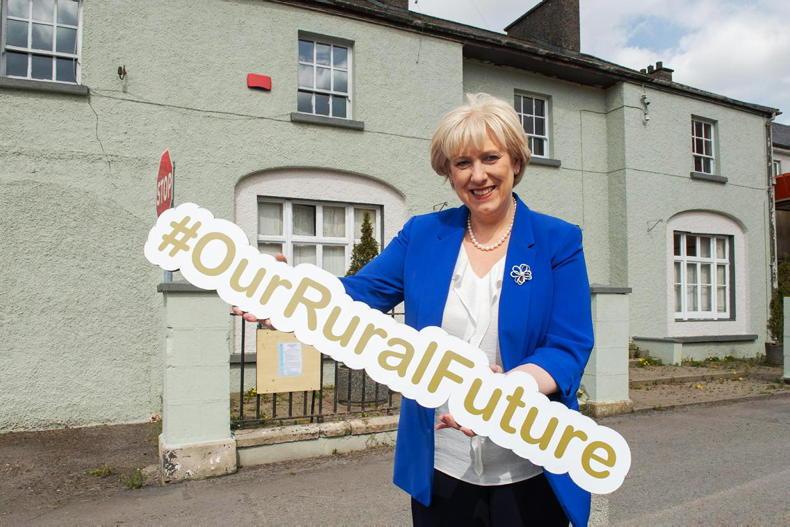
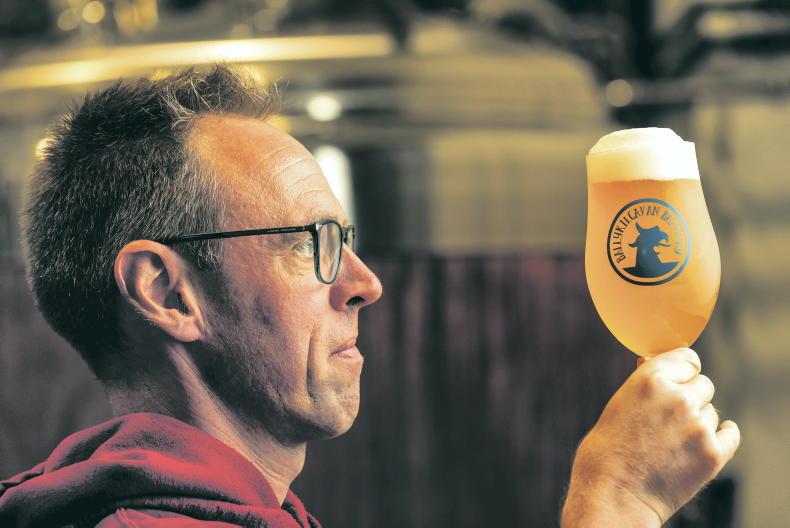
SHARING OPTIONS